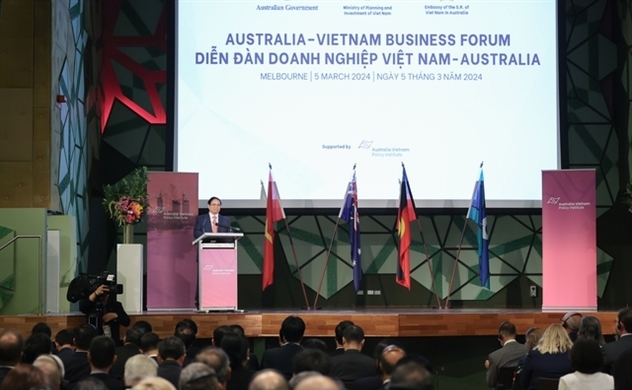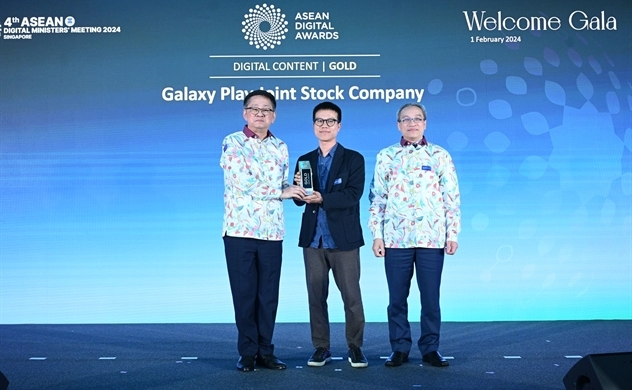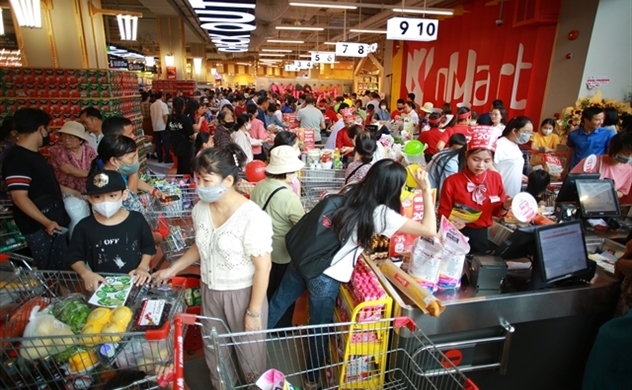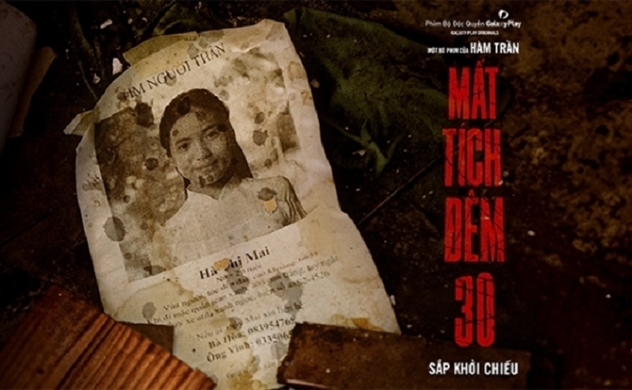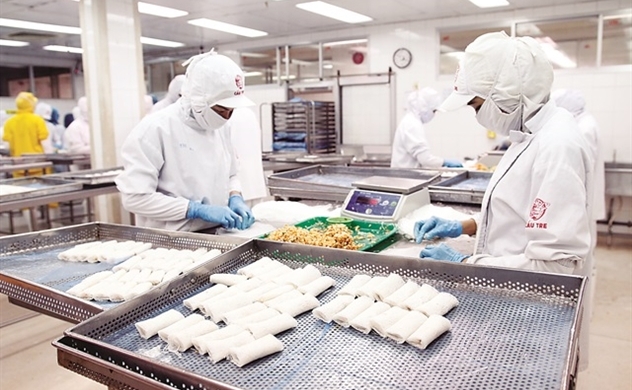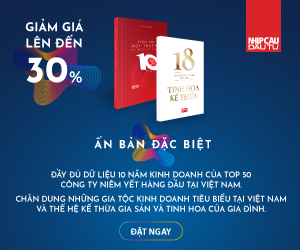The strategy to confront strong rivals of Lix
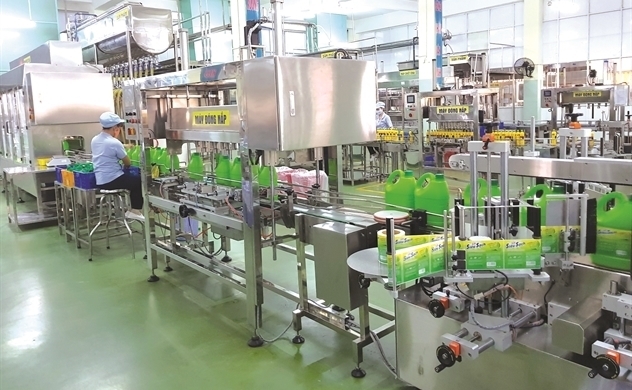
Companies like Lixico are facing fierce competition not only in branding, but also in sales (trade marketing). Photo: congthuong.vn
LIX shares of Lix Detergent Joint Stock Company have increased by 31% since the beginning of the year. The attraction of this stock is, first of all, the cash dividend rate since its listing in 2009 until now, ranging from 30 to 40%, even 50%.
However, it is impossible not to mention the attractiveness of the business activities of this long-standing washing powder enterprise. Lixco maintained fairly stable revenue growth in the period 2015–2022.
In 2020 alone, revenue peaked at more than VND 2,900 billion, an increase of 15% over the same period; Pre-tax profit reached VND 292 billion, an increase of 30% compared to 2019.
Lixco has maintained its "two-legged" strategy for many years, outsourcing as well as growing its own distribution channel. It is worth noting that Lixco has been manufacturing thousands of tons of washing powder for Unilever every year since 2000. In 2000, outsourcing accounted for 70% of sales, allowing this firm to compete against a slew of overseas competitors. Private labels are also produced for Co.opmart, Big C, Mega Market, VinMart, Lotte...
In recent years, the company has expanded its Lix brand product line to include laundry detergent, fabric softener, dishwashing liquid, floor cleaner, Javel detergent, glass cleaner, hand sanitizer gel, and toilet cleaning. Lixco's conventional sales channels, comprising 168 distributors, provide 43% of revenue. With 100 level 1 distributors and 35,000 retail outlets, Lixco has progressively returned to the market with its personal and home care brands Lix, On1, and Iron & Stone.
The private label development plan requires Lixco to increase marketing and promotion. Lixco spent VND 5 billion on advertising in 2018, but by 2022, it had spent roughly VND 30 billion on its own brands, Lix and On1. Besides direct sales channels, Lixco extended e-commerce and restaurant and hotel chains.
A market study reveals that Lixco's own brands may reach middle-income clients at 30–40% of Unilever and P&G's prices. In addition, Lixco owns three big manufacturing plants with advanced machinery lines in Ho Chi Minh City, Binh Duong, and Bac Ninh, with a combined capacity of 450,000 tons per year. About 85% of Lixco's revenue originates from local sales, partly exported to over 20 countries. ..
However, Lixico faces severe branding and sales rivalries. Euromonitor's 2020 figures show that Vietnam's home and personal care consumer goods market (HPC) is valued at $3.1 billion, second only to FMCG.
Unilever and P&G have up to 71% market share, generating over VND 50,000 billion annually. Domestic companies, including Aba, Lixco, NET Detergent, Vico, and My Hao, share the remaining little share.
Mr. Luong Van Vinh, General Director of My Hao Cosmetics and Chemicals Joint Stock Company, admitted that the majority of domestic detergent brands and cleaning products have low competitiveness when advertising costs are considered, and Vietnamese companies' communication is only one-tenth that of foreign competitors.
When shops promote distributors' own brand items to compete with names such as Unilever or P&G, competition intensifies. This tendency has an influence on huge businesses, causing them to deploy additional promotions or offer extra value and emotional value to purchasers.
Consumption cuts due to economic woes and diminishing income make the issue worse. Due to high processing production but low profitability, Lixco had to gradually lower processing income from above 8% to 4%. Increasing private brand production implies facing larger competition. When releasing goods with new tactics, domestic brands like NET Detergent, My Hao, and Hanoi Soap (Haso) fight this conflict.
Mr. Do Huy Lap, Haso's General Director, said outsourcing for Unilever delivers constant revenue but too much dependency. Unilever consumes 98.6% of Haso's processed goods annually. In the past three years, the company has significantly shifted from manufacturing processed items to manufacturing and retailing its own brand.
Lixco General Director Cao Thanh Tin told the press that revenue growth will be 10% each year if we continue to improve. Thus, to strengthen itself, the company must create its own brand.
Thus, in 2023, Lixco sets a net sales objective of VND 2,957 billion, up 5% from 2022, but accepts a pre-tax profit target of VND 225 billion, down 14% from the previous year.
Lixco said that its maximum foreign ownership ratio is 50%, which is exceptional. Maybe the company needs more resources to invest or use external partners' management capabilities to turn development around.
Same category news
-
Hoàng Kim
Latest news
-
Huyen Hoang

 TIẾNG VIỆT
TIẾNG VIỆT _291615658.jpg)

